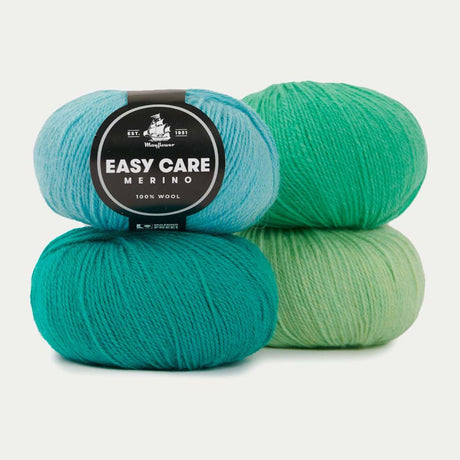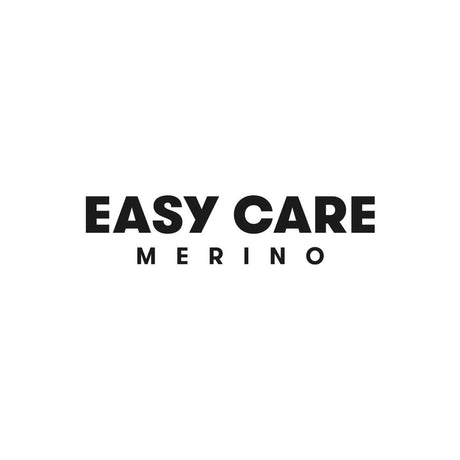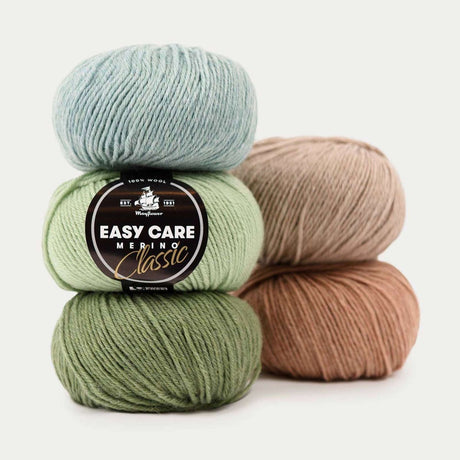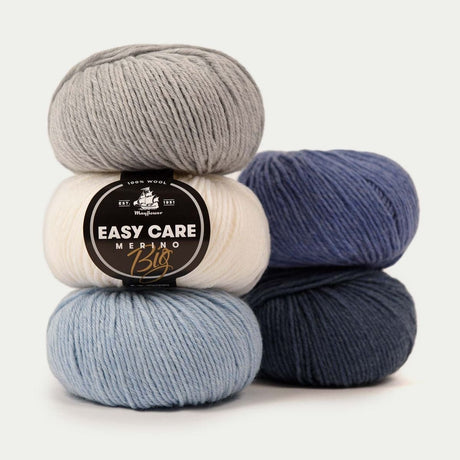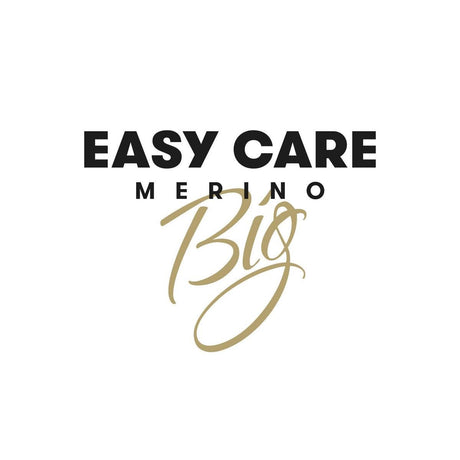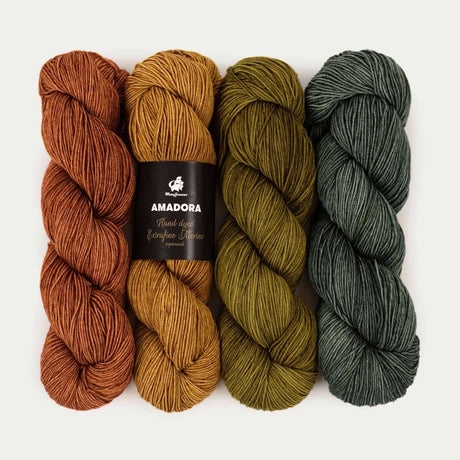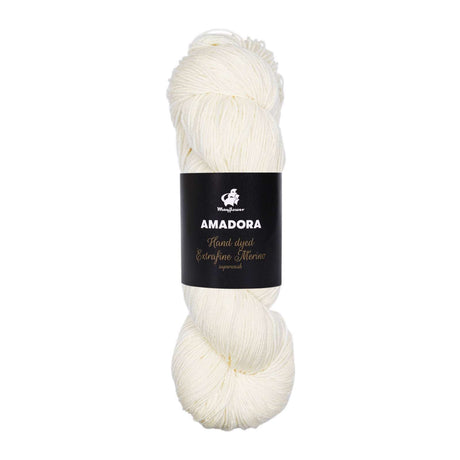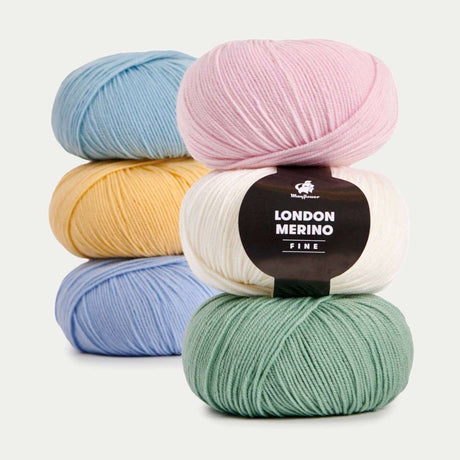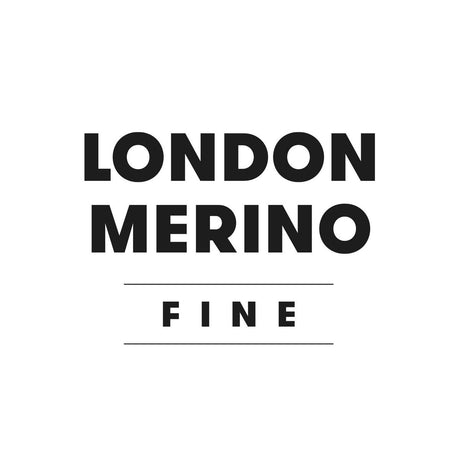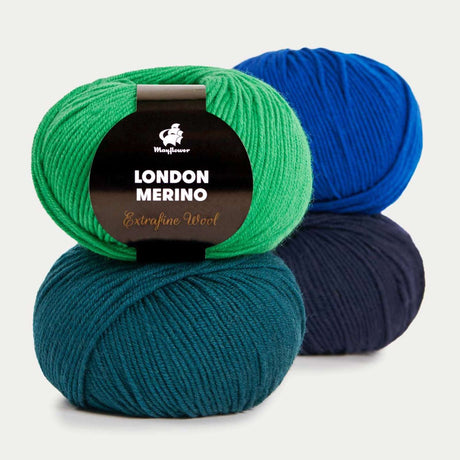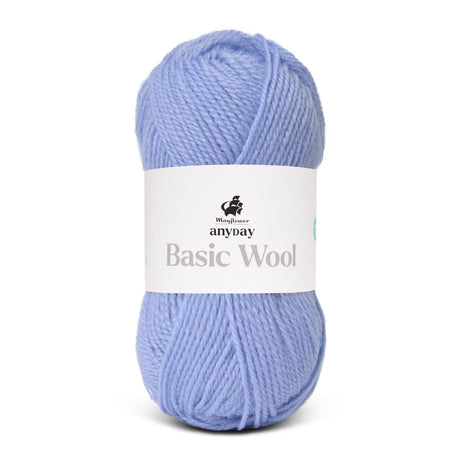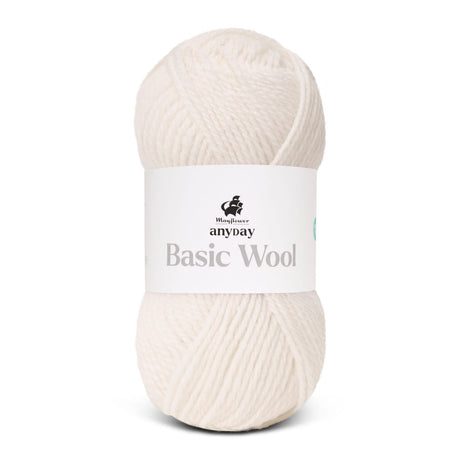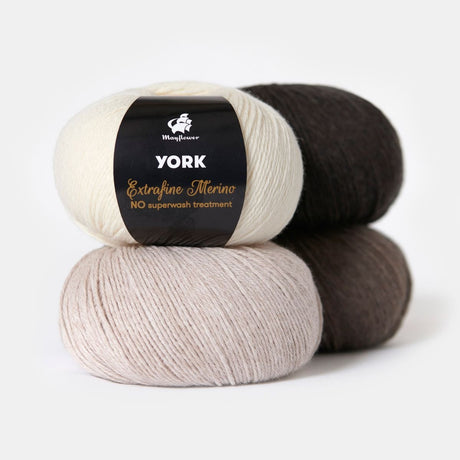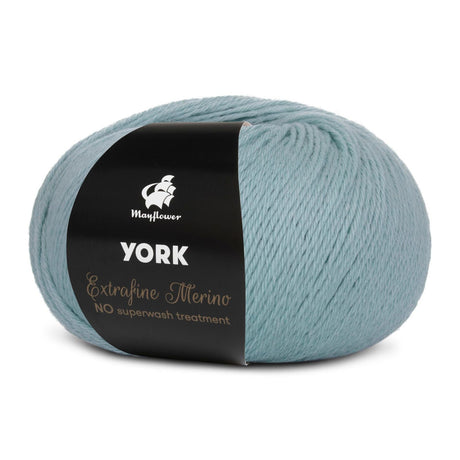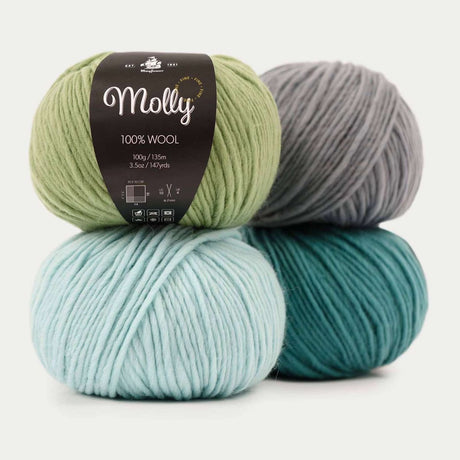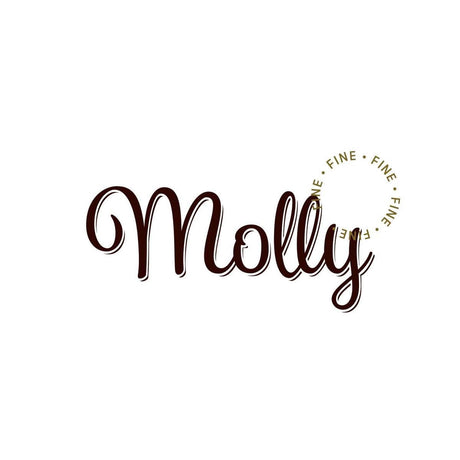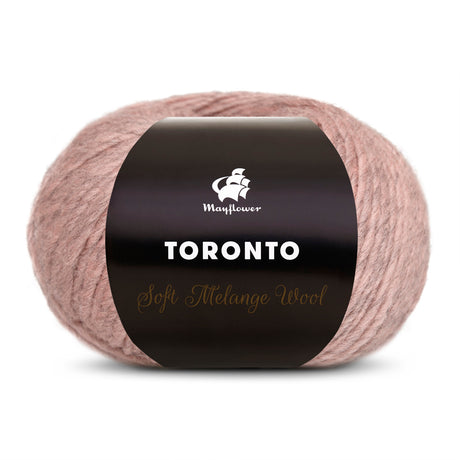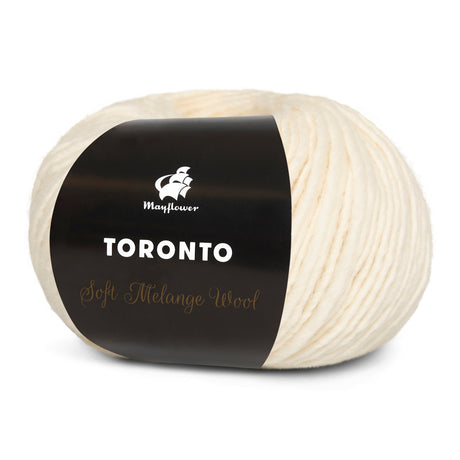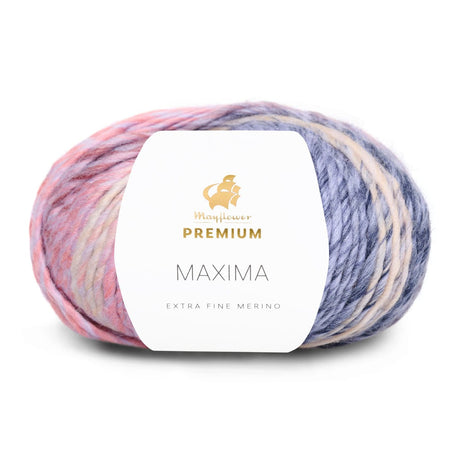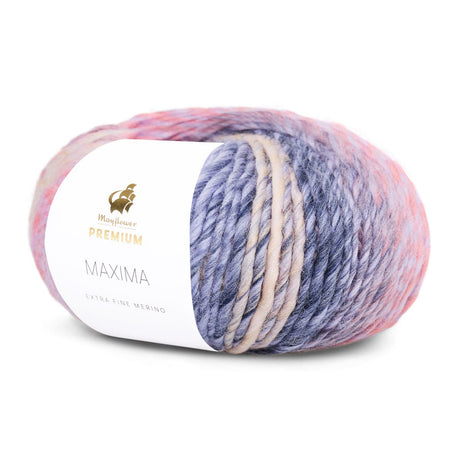🚚 Free shipping on orders above 69 €
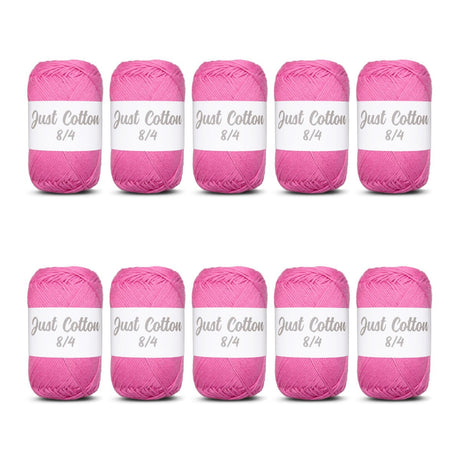
Just Cotton 8/4 10-pack
When talking about wool, it usually refers to "hair from sheep." There are also other animals that produce wool, but these are typically referred to by the name of the animal – for example, alpaca wool or mohair.
There are many different terms within the wool industry, which can quickly become confusing. Here's a quick overview of the most common terms related to wool yarn.
Wool can be very soft if the fibers are fine. Many prefer merino wool for its exceptionally fine fibers. For even softer yarn, you can opt for extra fine merino wool.
When it comes to wool, you will likely come across the term 'pure new wool'. This means that the wool has not previously been processed into textiles or yarn.
During World War II, there was a severe shortage of wool, and it became common practice to recycle wool. Hence, the term 'pure new wool' emerged to emphasize when the wool in a particular yarn quality had not been recycled.
There was a period after World War II when recycled wool became less common due to the generally low quality of recycled wool. Today, better production methods and a greater focus on minimizing waste mean recycled wool yarn is making a comeback. However, you can rest assured that unless otherwise specified on the label, your yarn always uses pure new wool.
In other words, the term 'pure new wool' on the label simply indicates that the wool has not been recycled.
Normally, wool needs to be hand washed, but with superwash wool, you can machine wash your knitwear.
Superwash treatment involves applying a surface treatment to the yarn that removes the microscopic scales that cover wool fibers. This allows the yarn to be machine washable without felting.
Wool is a perfect fiber for yarn and has many advantages – with a few disadvantages. It is a unique fiber type, so it's relevant to look closer at wool's properties. Understanding these properties makes it easier to use wool yarn optimally in knitting and crochet projects.
Wool is a pleasant type of fiber to knit with, largely due to the yarn's natural elasticity. This stretchiness makes it easier to work with and less straining on the hands.
When knitting with wool yarn, choosing the right pattern is crucial. Mayflower offers a wide range of patterns with wool yarn, but you can also confidently knit other designers' patterns using Mayflower yarn.
Wool yarn is suitable for warm winter clothing, and you can find many patterns for thick wool sweaters. Wool naturally insulates, making it especially comfortable.
Lightweight wool yarn can also be used in the summer, and when wool fibers are blended with plant fibers, it creates a perfect yarn quality for summer tops. For instance, Mayflower Cotton Merino is recommended.
Wool yarn is the perfect choice if you want to knit a pattern with lots of texture, such as cables.
Wool's natural elasticity adds natural resilience to textured knits, keeping their shape and appearance neat. At the same time, the pattern becomes more distinct, enuring excellent results.
Some types of wool yarn have an almost glossy surface, while others are more furry, such as brushed yarns. Both types of wool yarn can be used for multicolored knitting, but they will create very different looks.
Smooth wool yarn will produce a clear and more defined color play, while brushed yarns will have a slightly mottled appearance.
For beginners, brushed yarns may be easier for multicolored knitting because the fluffy fibers stick together more, creating a cohesive result where individual stitches are less distinct.
Blocking knitting involves wetting the garment and gently shaping it. This results in a more polished and uniform appearance, evening out the stitch tension across the entire project, making it more symmetrical.
With a classic knitted wool sweater, it's often sufficient to dampen the sweater and lay it flat on a towel to dry. Naturally, ensure the sweater is shaped neatly as it dries in the form you want.
Other projects such as lace shawls may require more careful blocking. The most common method involves wetting your knitting and pinning it to a blocking mat, stretching it into the desired shape. This helps open up lace patterns and make them more distinct.
Washing and caring for wool yarn may require a little extra attention, especially whether it's untreated wool or has received a superwash treatment.
Note: Below are some general tips. Always follow specific washing instructions on the yarn label if they differ from this guide.
Untreated wool fibers have microscopic scales that can cling together when exposed to temperature changes and friction. In practice, this can cause the yarn to shrink and felt during washing, which under normal circumstances is undesirable unless you're working on a special project like felted slippers or similar.
Some washing machines have special programs for washing untreated wool. There's always a small risk associated with using these programs, so it's advisable to test them with a swatch first.
Fortunately, hand washing wool is also straightforward. Fill a small basin with cold or lukewarm water and add a bit of wool detergent. Then gently rub any spots with your hands. Let the garment soak for up to half an hour. Afterward, rinse it with clean water until all soap residues are gone, and gently press out excess water between two towels. Finally, lay the garment flat to dry on a dry towel.
Note that wool garments don't need to be washed every time they're worn. Wool doesn't hold onto odors, and often airing out a wool sweater may suffice unless there are stains.
A superwash treatment means the wool fibers have been treated to remove the natural scales and a polymer coating applied over them as a protective layer to prevent fibers from sticking together. Therefore, the yarn can now be machine washed without felting.
When machine washing superwash wool, pay attention to the temperature indicated on the label. Most superwash yarns can handle temperatures up to 40°C, but still wash on a wool or delicate cycle.
Always use wool detergent and avoid fabric softener entirely.
Some superwash yarns may also be suitable for tumble drying – for example, our Easy Care, Easy Care Classic, or Easy Care Big – but it's important to note that this is not universally true for all superwash yarns.
Whether your yarn is superwash treated or not, washing it for the first time can be nerve-wracking. It's not fun to ruin a knitting project you've spent many hours on.
A washing machine always adds an element of uncertainty, as machines can vary greatly. For the same reason, also be extremely cautious about using any hand wash programs on your machine if you've used untreated wool.
Machine washing superwash-treated wool isn't entirely risk-free either, and we recommend testing your wool program with a swatch to ensure the result is as desired. Fortunately, mishaps are rare, but in this case, it's best to be overly cautious. After all, you've invested many hours in your handiwork.
Mistakes can happen, even when you're careful with washing your clothes. If your wool garment has shrunk in the wash, you may be able to stretch it back into shape.
You'll need a basin of lukewarm water and conditioner, along with two towels. Follow these steps:
You may need to repeat this process several times. The less the garment has shrunk, the greater the chance of restoring it to its original shape.
Wool comes from the hair of various mammals – including angora rabbits, alpacas, and mohair goats. However, by far the most common type of wool comes from sheep, and it's sheep's wool that you'll find in this yarn category.
Merino wool is a subcategory of sheep's wool and describes a particularly soft and fine type of wool. Specifically, the fine fibers have a diameter of around 20-25 microns, while super fine merino wool can have a diameter as low as 17 microns.
Other types of wool can also be soft, but with merino wool, you are guaranteed softness and comfort.
Untreated wool yarn usually tolerates washing at around 30 degrees Celsius, while superwash-treated wool can handle slightly higher temperatures of around 40 degrees Celsius or sometimes warmer. If in doubt, always check the washing instructions on the yarn label.
Wool is referred to as 'pure new wool' if it has not been previously used. Especially during World War II, there was a shortage of wool, so it was not unusual for wool to be recycled, even though the recycled wool was never of the same high quality.
Today, recycling wool into yarn is not standard practice, and it will be stated on the label if the wool is recycled.
Conversely, the term 'pure new wool' indicates that the wool has not previously been used.
Wool can itch for various reasons. Softness is generally the top priority in wool yarn today, so the market predominantly offers softer wool yarns. For example, Merino wool or extra fine Merino wool should not typically cause itching.
If you have chosen fine and soft wool yarn and still experience discomfort, the itching sensation could also be due to an allergy. Wool contains lanolin, which some people are allergic to. While not dangerous, if you have an allergy, it may be difficult to find sheep's wool that feels comfortable. Instead, consider opting for alpaca wool or mohair, as these do not contain lanolin.
Not all wool yarn can be felted. If the yarn has been superwash treated, it is no longer suitable for felting. Opt instead for untreated wool yarn.
Superwash wool yarn is a type of wool yarn that has undergone a surface treatment to remove the natural microscopic scales that cover wool fibers. This treatment allows the yarn to be machine-washable without felting.
Wool is a more insulating fiber than cotton, making a wool sweater easier to keep warm on cold days. Wool's insulating properties stem from small air pockets within the fibers that trap heat.
If you want to save money on your next knitting or crochet project, buying wool yarn online can be worthwhile. You can do this right here at Mayflower, where you always get great prices and find lovely offers, making it affordable to start your dream project with luxurious wool yarn.
We offer a wide range of wool types such as Merino wool, superwash-treated wool, pure new wool, coarse wool, cashmere wool, and much more. In other words, we have exactly the type of wool you're looking for, and on our website, you can easily navigate through our extensive selection. Explore the various wool qualities available in many colors and get inspired for entirely new projects.
Wool yarn is suitable for a wide variety of projects. That's why our online shop is always worth checking out when you're eager to start a new knitting or crochet project and want to enjoy the many benefits of wool.
You can purchase your wool yarn online right here on this page, where we've slashed prices and made your shopping as easy as possible. Simply relax in a comfortable chair at home, explore our range, and easily place your order and payment within seconds. Your order will then be packed and delivered directly to your address within a few working days.
Buy for 59 EUR more and get free shipping!
59 EUR Free shipping
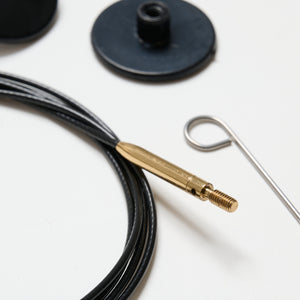
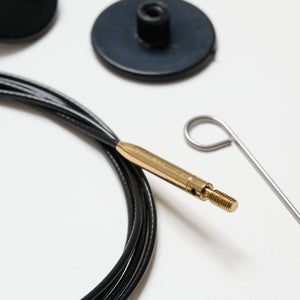
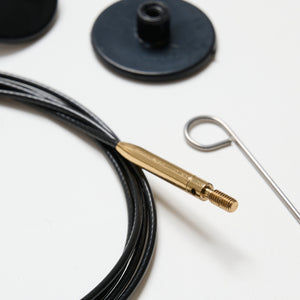
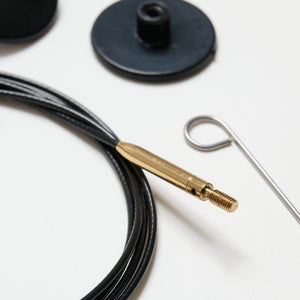
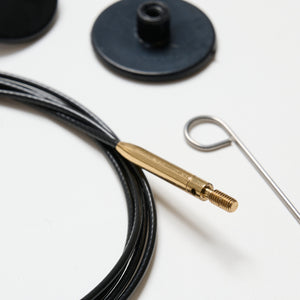
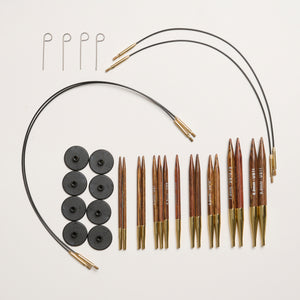
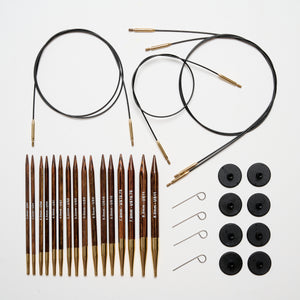
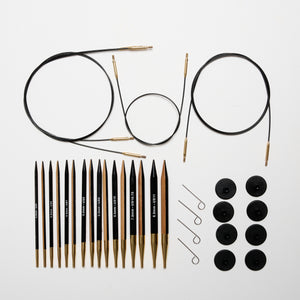
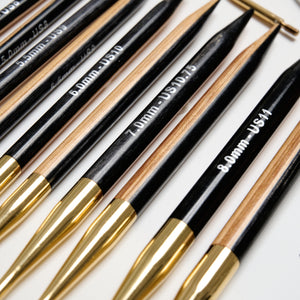
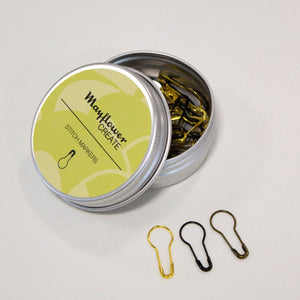
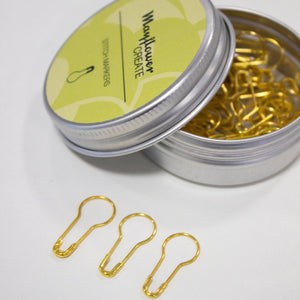
Since 1951, Mayflower has been supplying yarn for knitting and crochet. We are passionate about fibers and colors, knitting and crochet, craftsmanship with care, and a love for freestyle creativity. Our collection is broad and vibrant, offering a wide range of high-quality yarns without compromising on excellence. Our universe of free patterns is constantly growing, featuring both timeless designs and charming retro styles. Here, there’s plenty of space to fully embrace creativity.
